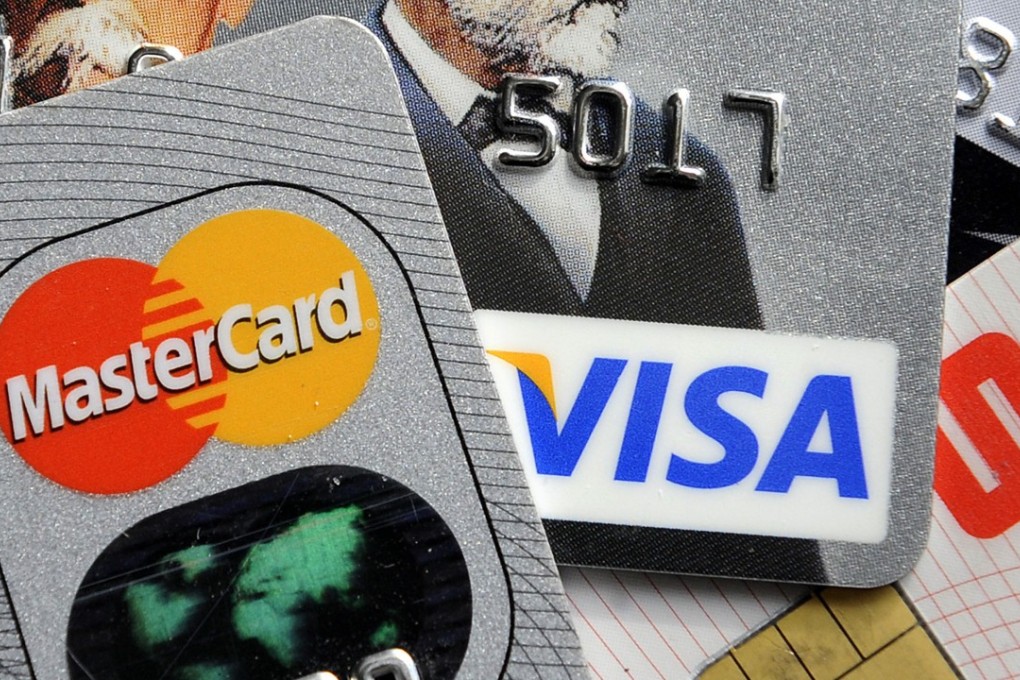Plastic cards not going away in Malaysia anytime soon
Analysts won’t rule out the possibility, but say it would be a slow transition with security concerns that still need to be addressed

By Sangeetha Amarthalingam
PayPal, Apple Pay, Samsung Pay, Alipay and other leading digital wallets have become increasingly popular, thanks to advancements of technology.
According to a January 2017 report entitled “Mobile Wallet Market” by Zion Market Research, the global mobile wallet market was valued at US$594 billion in 2016 and is predicted to reach US$3.14 trillion by 2022, growing at a compound annual growth rate of 32 per cent between 2017 and 2022.
Malaysia, on its part, is embracing the contactless era, registering non-cash transaction volume totalling 1.66 billion with a value of RM7.7 billion last year (US$1.84 billion), while the volume for January to August this year amounted to 1.21 billion, translating into a value of RM5.8 billion (US$1.38 billion).
Data from Bank Negara Malaysia (BNM) showed that the transaction volume per capita (unit) for e-money rose 69.35 per cent to 52.5, with a per capita value of RM243.80 (US$58.15) last year, from 31 or RM142.40 (US$33.97) in 2012.
And some of the local banks, such as Malayan Banking Bhd (Maybank) and CIMB Bank Bhd, have their own mobile wallets. Last week, ride-hailing app firm Grab launched its digital wallet for hawker stalls, restaurants and shops in Singapore.
As of July 2017, e-wallet providers in Malaysia, which are subject to the Financial Services Act 2013 and Islamic Financial Services Act 2013, included Alipay, Visa Checkout, Masterpass, CIMB Pay and Samsung Pay.
